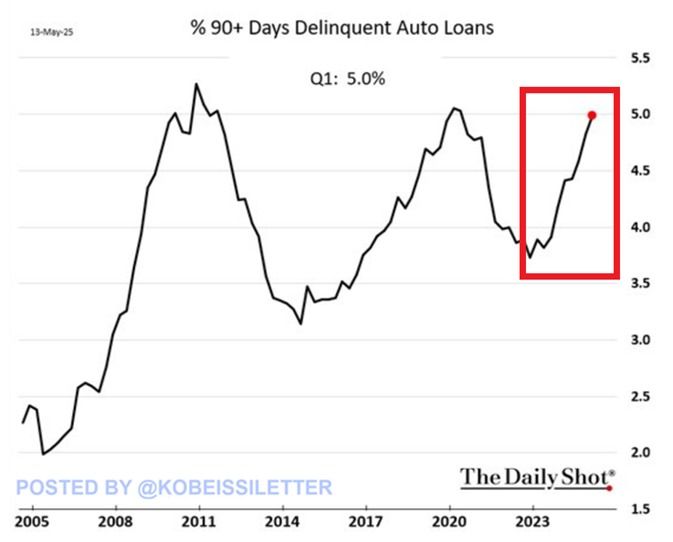As home prices have gone skyward, it’s increasingly less typical for people to pay off their mortgages before retiring and the proportion of non-mortgage debt outstanding has ballooned. Research confirms that debt can have a negative effect on health, especially as we age (no surprise).
Elevated health problems and medical expenses join lost productivity to compound the costs of debt-induced asset bubbles and systemic fragility. See In Older Americans, Rising Debt may Adversely Affect Health:
Researchers at the Urban Institute, by analyzing broad national data over nearly 20 years, have reported that indebted older adults fare measurably worse on a range of health measures: fair or poor self-rated health, depression, inability to work, impaired ability to handle everyday activities like bathing and dressing.
Those in debt were also more likely to ever have had two or more doctor-diagnosed illnesses like hypertension, diabetes, cancer, heart and lung disease, heart attacks and strokes.
“There seems a clear causal link between certain types of debts, especially at higher amounts, and negative health outcomes, both physical and mental,” said Stipica Mudrazija, a senior research associate at the institute.


